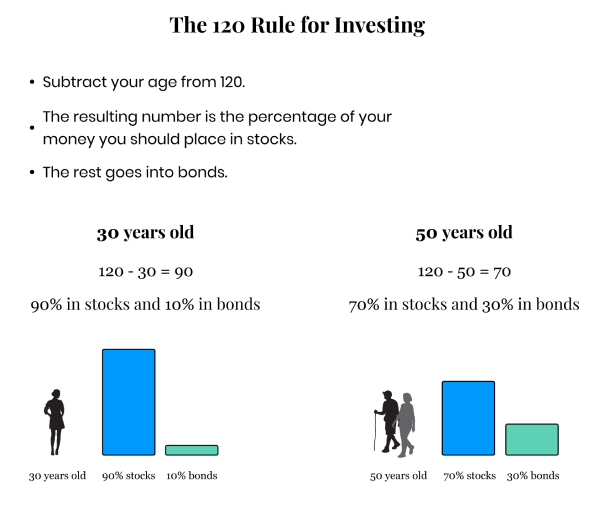Invest - Definition of Invest by Merriam-Webster

Some Known Details About How to Invest Money Wisely: Our Beginner's Guide to Investing
Commodities consist of metals, oil, grain, and animal items, along with financial instruments and currencies. They can either be traded through product futureswhich are contracts to buy or sell a specific quantity of a commodity at a specified price on a specific future dateor ETFs. Commodities can be used for hedging risk or for speculative purposes.
Let's compare a couple of the most typical investing styles: The objective of active investing is to "beat the index" by actively handling the investment portfolio. Passive investing, on the other hand, promotes a passive approach, such as purchasing an index fund, in indirect recognition of the reality that it is tough to beat the marketplace consistently. While there are benefits and drawbacks to both approaches, in reality, few fund supervisors beat their standards regularly enough to validate the greater expenses of active management. Development financiers prefer to purchase high-growth business, which normally have higher evaluation ratios such as Price-Earnings (P/E) than worth business.

A Beginner's Guide to Micro-Investing (and Our Favorite Apps)
The concern of "how to invest" comes down to whether you are a Do-It-Yourself (Do It Yourself) type of financier or would choose to have your money managed by a professional. Read This of investors who choose to manage their money themselves have accounts at discount brokerages due to the fact that of their low commissions and the ease of performing trades on their platforms.

How the Best Leaders Invest In Themselves - Lolly Daskal - Leadership

How To Invest Money: The Smart Way To Grow Your Money
The Facts About Investing - Personalized Investment Advice - Betterment Revealed

Financiers who prefer expert money management typically have wealth managers looking after their financial investments. Wealth supervisors typically charge their clients a percentage of assets under management (AUM) as their charges. While expert finance is more costly than handling cash by oneself, such investors do not mind paying for the benefit of handing over the research, financial investment decision-making, and trading to a specialist. The SEC's Workplace of Investor Education and Advocacy prompts investors to verify that their investment expert is licensed and registered.
